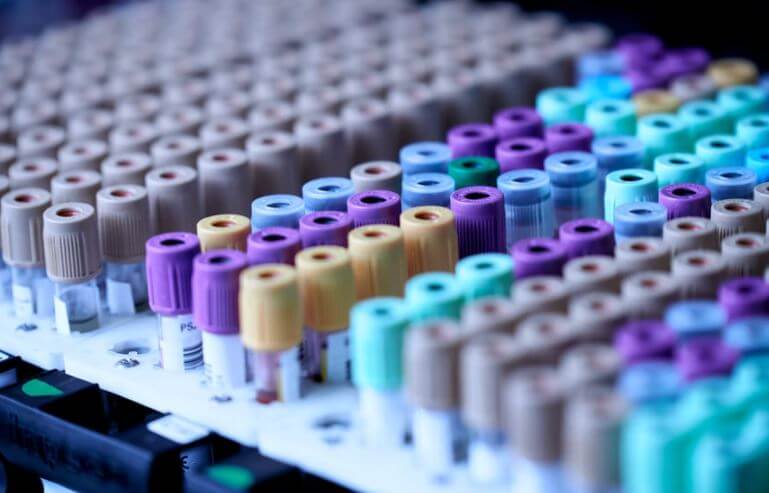An investigation from the NY Times has found a disturbingly high rate of false positives in pre-natal birth defect testing. Yet many expectant mothers are never told about the risk of false positives.
The investigation found tests for Cri-du-chat syndrome were false positives 80% of the time. Results for Prader-Willi and Angelman syndromes were false positives 93% of the time. Wolf-Hirschhorn syndrome tests were wrong 86% of the time. Tests for 1p36 deletion were 80% wrong. Tests for DiGeorge syndrome were incorrect 81% of the time.
The technology behind this testing – NIPT or non-invasive pregnancy testing, also known as microdeletion testing – is relatively new. Based on screening a small amount of blood taken from pregnant women in their first trimester for missing chromosomes, the technology has revolutionised Down’s syndrome screening.
Tests for the rarer syndromes listed above are sold as an optional add-on and are far less accurate. The tests have rapidly expanded popularity among those who can afford them; in the US they blow out the cost of testing from US$650 to $1,350. One test maker reported selling tests to approximately 10% of pregnant women in the United States.

The results from the Times investigation derive from a relatively small sample size. Of the parents contacted by the Times, they encountered one true positive for Wolf-Hirschhorn and six false positives.
Testing companies argue that the non-invasive tests are meant to be only a precursor to more reliable testing. Unfortunately, those tests come with price tags in the thousands of dollars, have a risk of miscarriage, and in many cases can only be carried out later in pregnancy.
This leaves women scrambling to arrange follow-up testing before they pass the time at which an abortion would become illegal. Many, of course, terminate their pregnancies without progressing to that stage.
All sorts of medical testing can be justified on the grounds of providing consumer choice. Nonetheless, the Times findings are a disturbing indictment on a thriving industry profiting from women in a vulnerable moment, and something for anyone thinking of starting a family to be aware of.
Follow Christian on Twitter for more news updates.